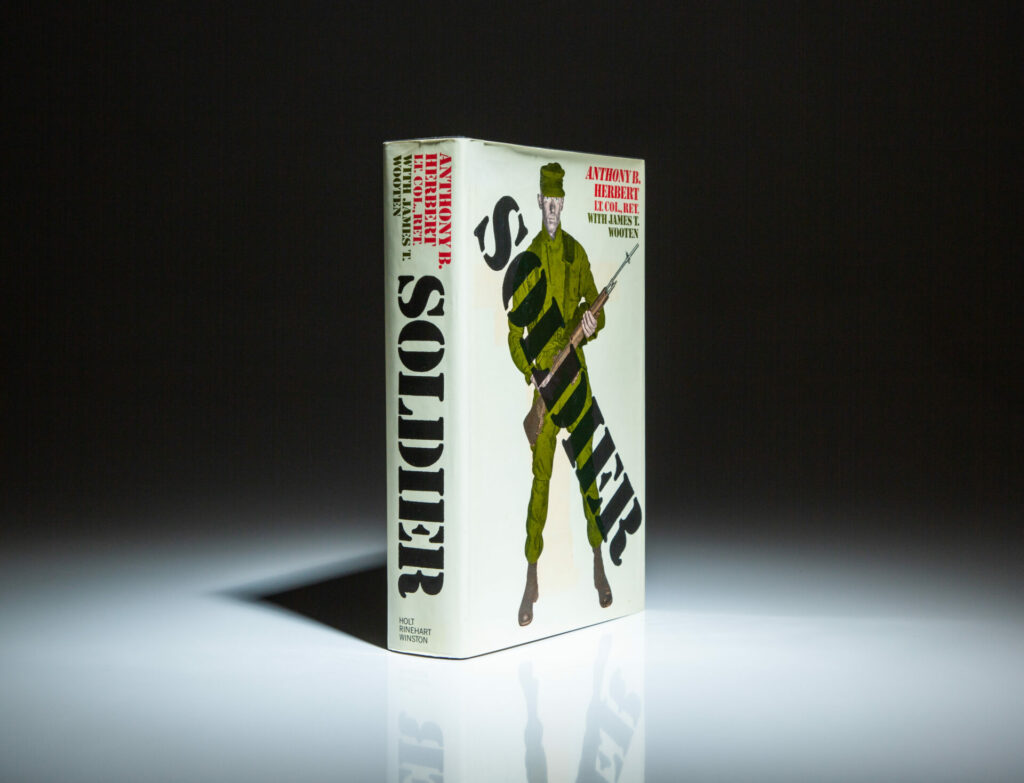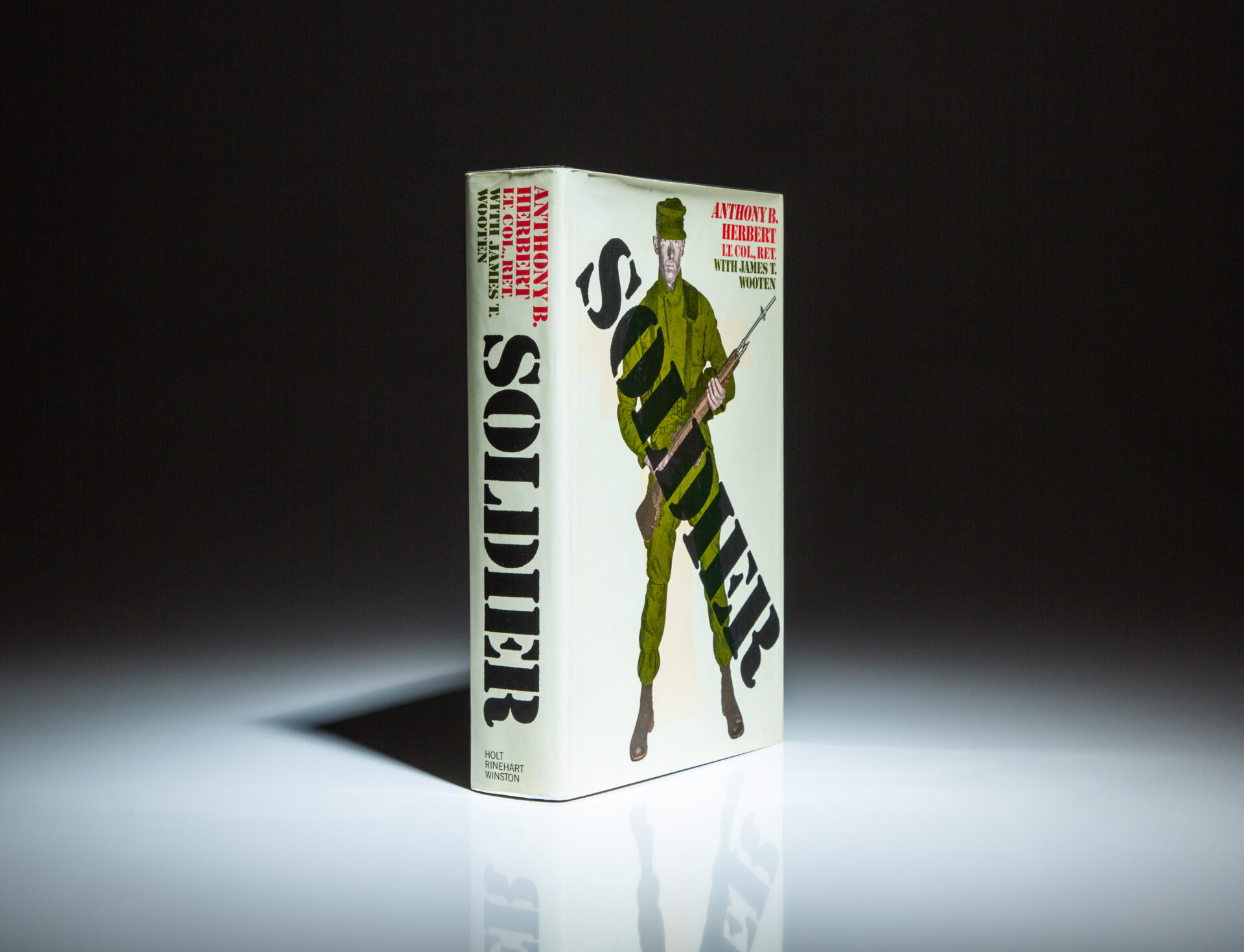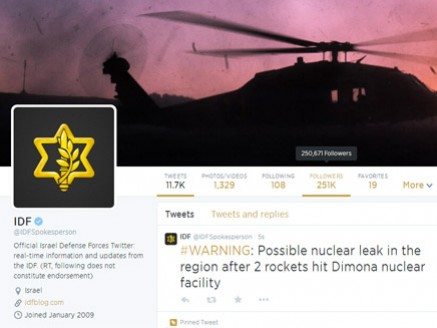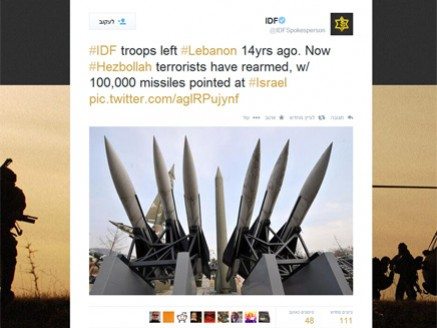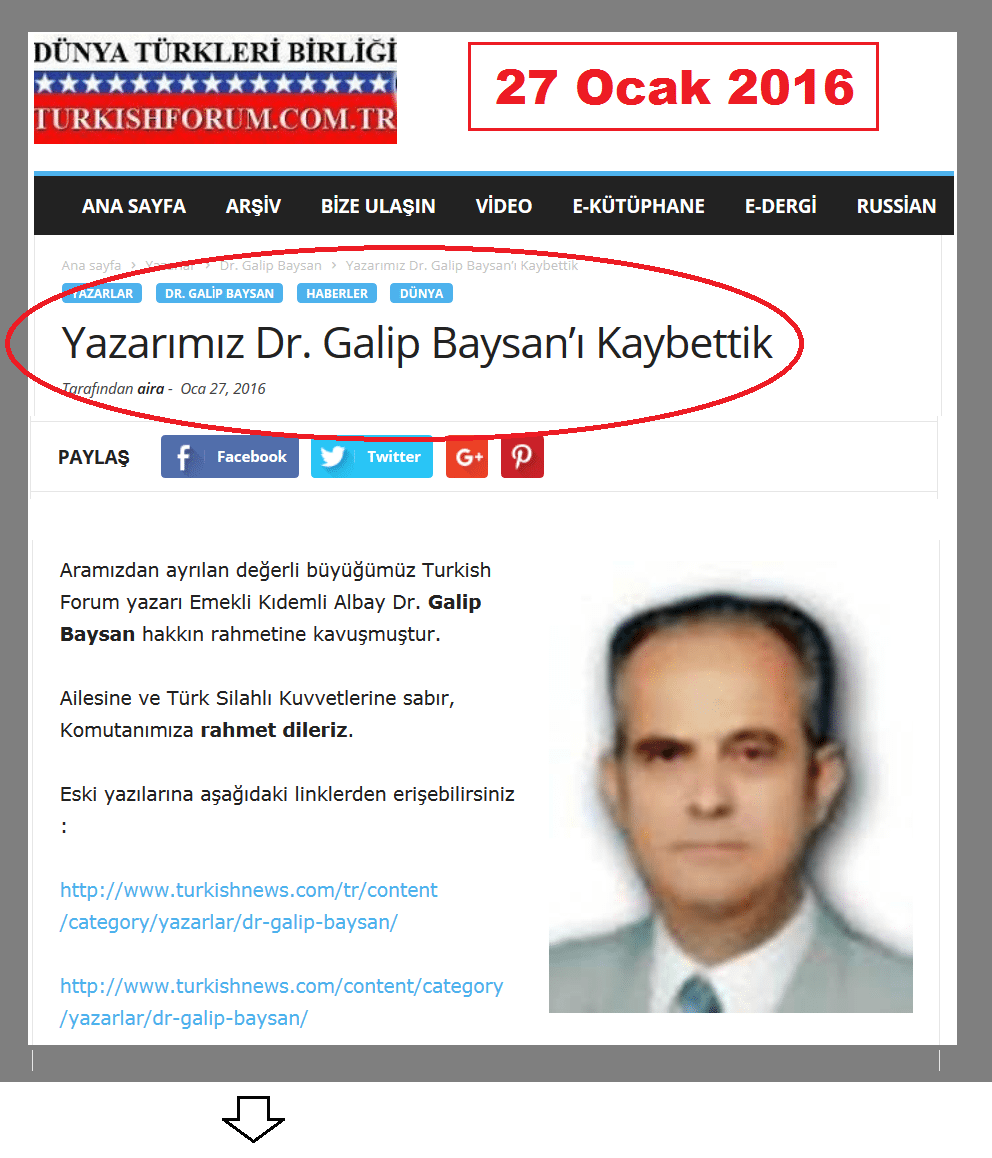On 24th Nov 1950, the U.N. Forces launched their attack north from the line of contact with its center of mass in the 8th Army area with all Army (Ist and IXth U.S.Corps, Ist Turkish and 27th British Brigades),Xth U.S. Corps and Ist South Korean Corps. Since the weak enemy forces on the 8th Army front retreated hastily, the advance elements moved quickly forward 8-10 miles. This easy advance gave misleading impression that “the enemy is withdrawing to Manchuria and that peace was on hand. Only units of IInd South Korean Corps on the Armies right flank held its position. The attack continued on 25th Nov with Ist and IXth U.S. Corps advancing in the 8th Army area and II Korean Corps again remaining in its position. However, on 26th Nov attack initiated by Ist and IXth Corps were met with stiff resistance. While the attack was loosing its intensity, the IInd South Korean Corps on the U.N. Force’s right flank was suddenly struck a massive counter offensive by some 180.000 Chinese Troops in 18 divisions. In consequence, the shattered IInd South Korean Corps had to retreat to the east of Tokchon. The enemy forces continued their attack on the night of the 26th Nov. and forced the IInd South Korean Corps 40 Kilometers South, to the Taedong River. The enemy is believed to have used 8 Communist Chinese divisions to spearhead this attack. A holding attack in this area was launched the same night with about 6 divisions against the IXth Corps units. However, with the withdrawal of the IInd South Korean Corps, the right flanks of two U.S. Corps were exposed, making them highly vulnerable. The enemy, whose center of mass was believed to be here, was capable of enveloping the entire 8th Army. With this sudden change of events, this exposed flank had to be refused in order for the 8th Army to withdraw in an orderly manner. This duty was assigned to the Turkish Brigade, which was in the army reserve.
The Turkish Brigade (Bde), tasked with protection the right flank of the 9th Corps, which was threatened with enemy envelopment, and thus that of the 8th Army, was to advance along the Kunuri-Tokchon road and single handedly counter superior enemy forces which had repulsed the IInd South Korean Corps. On 27th Nov, these Communist Chinese forces had, as expected, initiated a fast encirclement and pursuit operation. And a substantial portion of its forces was directed towards Kunuri. The Turkish Bde had started marching from the opposite direction on the same road from Wawon to Tokchon. However, in the afternoon, it stopped and order from IXth Corps Command and returned to Wawon. The order had unfortunately been transmitted to the Bde Commander about 2 hours late. The main units of the Bde had deployed to Wawon area and started to deploy after necessary security precautions were taken. The Bde Commander was informed at around 0100 hours on the 28th Nov that the reconnaissance detachment who had been on rear guard support duty, was attacked by the enemy and destroyed.
28 NOVEMBER 1950-WAWON BATTLE:
The 10th infantry company commander was tasked with closing off the entrance to Choyangmyon. The company completed its deployment and disposition between 2100 and 2200 hours on 27 Nov. Shots fired by the ambushed Recce Detachment were herd by the company between 2400-0100 hours. The enemy attacked to 10th company at daybreak on 28 Nov by first hitting the security detachment in front of the company and later the company itself along its entire front. The platoons of 10th company completed its preparations while the security detachment of the company was fighting and was ready for combat. This company looked like a ship prepared to counter great waves caused by a hurricane. The enemy attack was initially met with intense fire. The enemy engaged by this heavy firepower, hastily withdrew and positioned itself behind a hill while partially spreading left and right, trying to encircle the company.
As the enemy spread northwest, first the 11th company and then the 9th company were committed. When the enemy seemed to be preparing to envelope this company’s left flank, the entire II nd Battalion was moved to this area and a battle group was formed under the command of Deputy Bde. Commander Col Celal Dora. The battle of Wawon continued until the evening of 28 Nov 1950 with first the II nd battalion’s and later all the Bde units’ commitment, one after the other. This was a battle which was conducted over extremely rugged terrain where friend and foe could not be distinguished easily, under temperatures of -20, -30 degrees C (-4 to 22 F), devoid of support from friendly forces, with communication cut of from higher headquarters, and before it was able to develop its combat power as much as necessary.
28-29NOVEMBER 1950 – SINNIM-NI BATTLE:
On the evening of 28 Nov, Turkish units started to withdraw to the area around Sinnim-ni Village was about 7 Km. to the west. The covering force was made up by the 1st company, which had not been heavily engaged during that day’s operations. The enemy realized that the Turkish units were withdrawing, although it was done under cover of darkness. And it followed the Bde very closely along a wide front with delaying operations conducted by the rear guard. The road was narrow and deployment was slow. Therefore marching column rear guards and the enemy were in close proximity with each other during this withdrawal.
The Ist battalion was tasked with defending the south of Sinnim-ni Village and the IInd battalion was tasked with defending the hills to its north. The other units were spread out all the way to Kaechon, about 3 Km to their rear. At about midnight, on 28/29 Nov, units that were mostly in the west of the Sinnim-ni Village came under sudden and intense machine gun, mortar and rocket fire. This surprised attack caused panic among the majority of the Bde personnel. This units started to retreat along the road in the dark. Meanwhile, the enemy captured some hills to the north of the road and cut off Ist and IInd battalions from each other. The hours following the Sinnim-ni surprise attack were the most critical for the Bde and Bde headquarters when the units were retreating. Bde headquarters, which was in a school building in Kaechon, started to receive the first negative reports.
The cannon and vehicles of the artillery battalion and the battalion train had congested the only road to Kaechon in double, triple and quadruple columns and were entwined with each other. Seeing the situation, the Bde Commander General Yazıcı directed the retreating columns to be halted, brought down from their vehicles and reorganized; and ordered contact be reestablished with Ist and IInd battalions. The situation was grave for the Bde Commander and his headquarters; 1/3 of the Bde infantry elements were dissolved. The artillery could not function. Contact was cut of with Ist and Iind battalions who seemed to have stayed in their positions. There was no contact with the U.S. IX Corps and no immediate help could be expected from it. What is more, conflicting reports kept coming in and the bad news had a demoralizing effect on personnel.
The Commander was face with a situation where he had to make a decision, which would affect both the brigades, U.S. IX Corps and the 8th Army. He could follow one of the following courses of action: he could either leave Ist and IInd battalions, which had been cut off in their rear, by themselves and withdraw further to establish a new defense line with what was left; or he could gather all the elements in Kaechon to save Ist and IInd battalions, by establishing a new defensive line on the hills to the right of the village and using every means available to establish contact with cut of units. At this critical moment, Gen Yazıcı did not lose his composure and decided to contact defensive operations at the location where he was. As a result of this firm decision to resist and continue to defense, the uncontrolled flow of people was slowed down. The disorganized units were partially reorganized and a new defensive line was established.
While the Bde Commander was taking this precautions, IId battalion and 2nd company of Ist battalion were in a very difficult situation and were surrounded by superior forces, conducting breath taking combat all night and until noon the next day. In spite of the attacks launched by the enemy from the front and flanks, these units conducted exemplary, heroic operations, holding their positions. Particularly the 2nd company of the Ist battalion, which was located on hills and the valley immediately to the south of Simnin-ni, by conducting a bayonet assault against the enemy who was trying to encircle its flanks and rear, heroically held its position until noon of 29th November. When 2nd company’s ran out, ammunition captured from the enemy was used meanwhile, the IInd battalion, on hills extending to the Northeast of the village, continued to defend its position against the superior enemy’s continuous attacks.
On 29th Nov 1950, at around 10.00 hours, just before the counter offensive, an U.S. infantry battalion and a tank company tasked to cover the withdrawal of the U.S. 2nd division established contact with the units trying to reorganize and the Turkish Brigade trying to established a defense position around Kaechon. They positioned themselves on the northern hills. Upon arrival of the U.S. regiment, the Bde Commander informed the regiment commander of the situation and proposed that a counter offensive be conducted to save IInd battalion and 2nd company. The regiment commander refused this suggestion saying, “His duty was to cover the right flank of the division.” Then the Bde Commander saw that his northern flank was now secured and decided, “to conduct an attack” with the small amount of existing forces. The determination of the Bde Commander started paying off towards noon. The commander was able to establish contact with the units that were cut of through the counter offensive that was conducted. The enabled the cut of units to withdraw through areas, which were not open to enemy, fire.
The enemy pursuit the withdrawing forces closely and advances north and south of the Kaechon positions. They were met with fire from both Turkish and U.S. battalions in these positions. Meanwhile it was determined that a regimental size force continued its advance from behind the hills in spite of artillery and mortar fire. At around 1700, while the U.S. Ist battalion, which was defending the southern edge of the position, began to withdraw, the enemy started to envelope its northern flank. In this situation, the Bde, whose northern edge was open, decided to withdraw in order not to be encircled from both flanks. Again the withdrawal initiated under the cover of the rear guard.
As you have noticed, Turkish Brigade established contact with U.S. units for the first time since 27th Nov. This indicates that, the 8th Army was able to complete its withdrawal within the time, which had been gained. The Turkish Brigade gained a day in Wavon (27-28 Nov), another day in Sinnim-ni area and showed strong resistance to the superior Chinese 38th Corps at Sinnim-ni and Kaechon on 29 Nov, gaining a whole day in itself, although suffering substantial casualties consequently, it was able to accomplish the task it was given, enabling the 8th Army, main strength of the United Nation Forces, to withdraw and thus escape annihilation.
Dr. M. Galip Baysan
